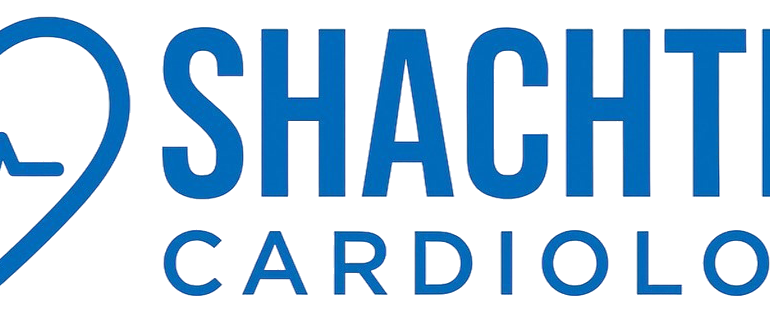
The Role of Emotional Resilience in Protecting Your Heart Health
Heart health is often discussed in terms of physical factors such as diet, exercise, and genetics. However, emerging research highlights the critical role emotional resilience plays in maintaining cardiovascular wellness. Emotional resilience—the ability to adapt positively to stress and adversity—can significantly influence heart health, reducing risks of hypertension, arrhythmias, and other cardiovascular diseases.
Understanding Emotional Resilience
Emotional resilience refers to a person’s capacity to bounce back from challenging situations, manage stress effectively, and maintain psychological well-being. It is not about avoiding stress but learning to cope and recover in healthy ways. This adaptive coping mechanism can lower the harmful impact of chronic stress on the body, particularly the cardiovascular system.
How Stress Affects Heart Health
When faced with stress, the body activates the ‘fight or flight’ response, releasing hormones like cortisol and adrenaline. These hormones increase heart rate and blood pressure temporarily. While beneficial in short bursts, chronic activation due to persistent emotional stress can lead to long-term damage, including hypertension, inflammation, and plaque buildup in arteries.
Emotional Resilience as a Protective Factor
Individuals with high emotional resilience tend to experience less severe physiological reactions to stress. They often engage in healthier behaviors, such as regular physical activity and better sleep patterns, which further promote cardiovascular health. Moreover, resilience helps prevent the development of depression and anxiety, which are known risk factors for heart disease.
Developing Emotional Resilience to Support Heart Health
The good news is emotional resilience can be cultivated through intentional practices:
- Mindfulness and Meditation: These techniques reduce stress hormones and improve emotional regulation.
- Physical Activity: Exercise not only strengthens the heart but also enhances mood and stress management.
- Social Connections: Strong relationships provide emotional support and reduce feelings of isolation.
- Cognitive Behavioral Strategies: Reframing negative thoughts and practicing problem-solving can improve coping skills.
- Seeking Professional Help: Therapy or counseling can be critical for developing resilience, especially after traumatic events.
Scientific Evidence Linking Emotional Resilience and Cardiovascular Health
Studies have demonstrated that people with higher emotional resilience have lower incidences of heart attacks and cardiovascular mortality. For example, research published in Psychosomatic Medicine found that resilient individuals showed reduced inflammatory markers, which are closely associated with heart disease progression.
Integrating Emotional Wellness into Heart Care
Healthcare providers are increasingly recognizing emotional resilience as a key component of comprehensive cardiac care. Cardiac rehabilitation programs now often include stress management and psychological support to improve long-term outcomes. Patients encouraged to develop resilience tend to adhere better to treatment plans and adopt healthier lifestyles.
Conclusion
Emotional resilience is a vital yet sometimes overlooked aspect of heart health. By nurturing the ability to manage stress and recover from adversity, individuals can protect their cardiovascular system from the damaging effects of chronic emotional strain. Combining emotional wellness strategies with traditional heart-healthy habits offers a holistic approach to reducing cardiovascular risks and enhancing quality of life.
Disclaimer: This article is for informational purposes only and does not substitute professional medical advice. Consult your healthcare provider for personalized recommendations.
Disclaimer: This article is for educational purposes only and does not constitute medical advice. Always consult a qualified healthcare professional.


